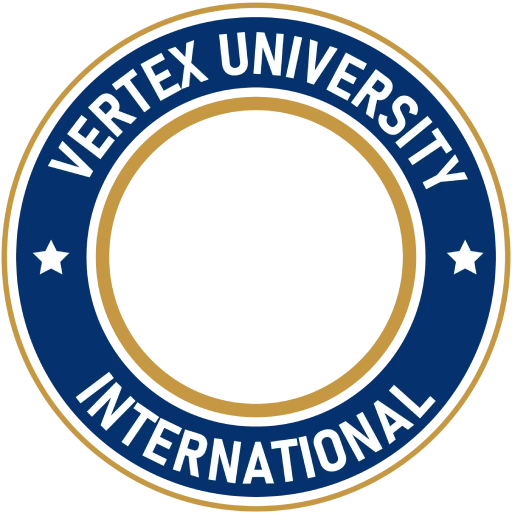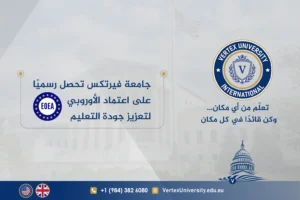Academic institutions today face challenges beyond providing content or digital infrastructure. There is a growing need to foster a safe and fair academic environment rooted in the ethics of digital education. These responsibilities stem from the core values of the educational process, calling for a clear framework of principles that govern digital learning. These principles ensure academic integrity and create an environment built on fairness, safety, and trust. Among them are key concepts such as academic honesty, privacy protection, intellectual property rights, and educational equity—each a foundational pillar for ensuring a reliable and ethical digital learning environment.
Honesty and Integrity In The Academic Environment
Academic honesty and integrity are among the most crucial values to uphold in digital education—especially with the availability of tools that make copying or reusing information without proper attribution easier than ever. This principle includes respecting intellectual property rights, recognizing the effort behind research work, and submitting academic tasks based on genuine personal effort. Integrity involves accurately conveying research findings and avoiding misuse of AI tools or plagiarism. Educational institutions must play a proactive role by implementing plagiarism detection systems and awareness campaigns that embed these values into the academic identity of every student.
Privacy Protection and Data Confidentiality
In digital learning environments, vast amounts of student data are collected—ranging from academic records and platform interactions to personal details. Hence, privacy protection becomes a professional and ethical obligation for digital universities. Institutions must develop clear policies for collecting, storing, and processing personal data while ensuring transparency about what information is collected, how it is used, and for what purpose. These policies should also guarantee that student data won’t be leaked or misused outside the authorized educational scope and must comply with international standards for digital data protection.
Academic Fairness and Equal Opportunities
Digital education demands a firm commitment to the principle of equal opportunity. All students must be empowered to access educational content and services regardless of their technical or geographic conditions. This includes ensuring accessibility for students with disabilities, offering alternative formats for those with limited connectivity, and providing appropriate academic support across different student groups. Additionally, assessment tools must be designed to account for individual differences, ensuring fair evaluation methods that avoid bias or rigid standardization.
Transparency in Assessment and Academic Standards
Transparency in evaluation criteria is fundamental in digital education. Students often feel more disconnected from assessment mechanisms compared to traditional classroom settings. Therefore, it’s essential that students are informed from the outset about grading policies, marking standards, and appeals procedures. Faculty members must adhere to clear, consistent, and reviewable frameworks that uphold objectivity. This transparency fosters student trust in the educational process and enhances personal accountability.
Respect for Intellectual Property Rights
Even though digital educational resources are widely accessible, respecting intellectual property remains a cornerstone of ethical learning. Students must be fully aware of the importance of using sources legally—whether they’re using texts, images, videos, code, software tools, or any other materials. Universities are responsible for providing licensed educational content and training students to use open-source resources and digital tools responsibly and ethically.
Professional Conduct and Digital Discipline
Digital education ethics also encompass respectful and responsible conduct from all participants in the academic process. Virtual interaction should never be an excuse for verbal misconduct or disregard for academic norms. Proper language, respectful communication, and consideration for differing opinions must be maintained at all times. Faculty members are expected to lead by example—moderating discussions with poise, and handling educational challenges with flexibility and professionalism.
Vertex University Reinforces Ethical Principles Across Its System
Vertex University is strongly committed to embedding ethical principles in every aspect of its academic framework. These values are embedded in institutional policies and strategic plans. New students undergo orientation programs on digital conduct, and the university enforces a strict anti-plagiarism policy. Data protection protocols adhere to top global standards, and the university provides clear mechanisms for transparency and fairness in assessment. A comprehensive Digital Conduct Code applies to everyone without exception, promoting accountability and ethical behavior.
Conclusion
Effective digital education is not only driven by technology but by a well-integrated ethical framework that upholds respect for both human dignity and knowledge. The more universities integrate these principles into their academic experiences, the better they prepare graduates who are confident, responsible, and ethically grounded. Therefore, ethical commitment in digital education is not merely a pedمنذgical choice—it is a fundamental academic and moral obligation








